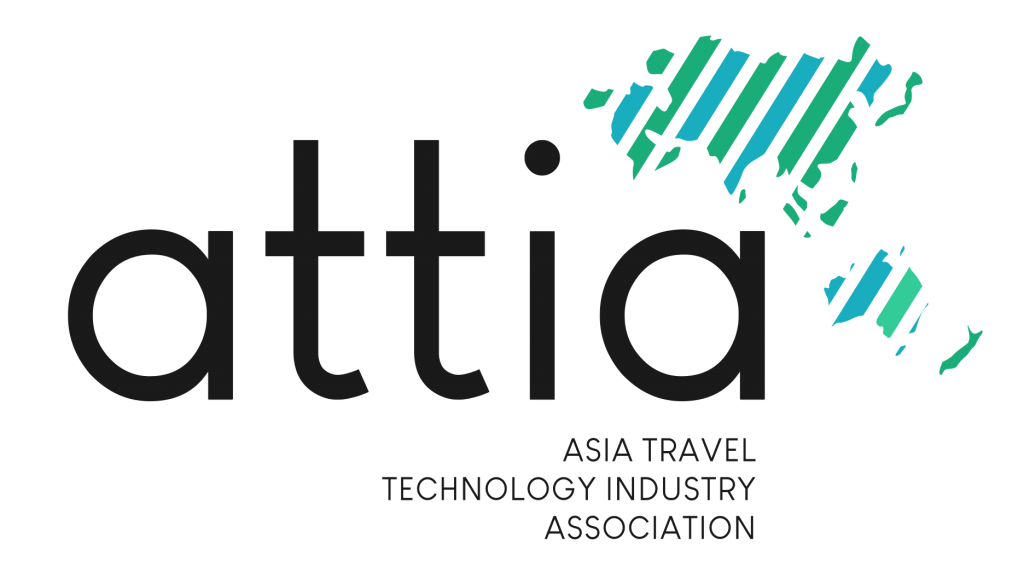On Friday 3rd November 2023, ATTIA and the CUTS Institute for Regulation & Competition (CIRC) organized a policy roundtable discussion titled ‘Enabling the Tourism Tech Sector in India’ (full report linked) in New Delhi, India.

The paper highlights the need for a well-crafted ex-ante competition law that targets only the ‘systemically important digital intermediaries’ digital platforms, in order to safeguard consumer choice and innovation in the tourism and digital economy. It also discusses the benefits of a principles-based regulatory approach that adapts to the rapid pace of digital innovation and recommends that the law be developed with further input from industry.
Key roundtable attendees included representatives from the Ministry of Tourism, Ministry of Electronics and IT, Competition Commission of India, policy researchers, and industry leaders from India and other countries. ATTIA, representing global travel tech companies in the Asia-Pacific region, plays a vital role in promoting innovation and shaping policies that enable sustainable growth in the travel and tourism economy.

The roundtable comes in the wake of the proposed Digital Competition Bill, which would introduce ex-ante regulation in digital markets along the lines of jurisdictions like the European Union and the United Kingdom. Government and industry stakeholders also exchange perspectives on the proposed Digital India Act which seeks to regulate the emerging digital economy, promote digital innovation, and enable the creation of an ‘open internet’.
Moreover, there was discussion on the recently enacted Digital Personal Data Protection Act 2023 (DPDPA), which regulates the processing of personal data. That legislation imposes certain obligations on Data Fiduciaries and Data Principals, and confers certain rights on Data Principals. A noteworthy initiative targeted specifically at the tourism sector is the National Digital Tourism Mission, which proposes to create a digital interface to enable and facilitate data-exchange between various stakeholders such as tourists, travel agents, etc.

The two-hour-long discussion featured inputs from a diversity of stakeholders. Dr K.D. Singh from the Competition Commission of India discussed why several jurisdictions around the world are contemplating designing ex-ante regulatory regimes for digital markets. His remarks focused on the report titled ‘Anti-competitive Practices by Big Tech Companies,’ prepared by the 52nd Standing Committee on Finance of the Lok Sabha. He highlighted that the Commission has been actively engaging in public consultations and cited three recent instances where the CCI has extensively engaged with the industry and public at large to seek comments on the draft regulations on settlement, commitments, and leniency plus scheme.
An erstwhile civil servant and known for his contribution towards the Digital Personal Data Protection Act, 2023, Mr. Rakesh Maheshwari discussed how that legislation and the proposed Digital Competition Bill will together enable an ‘open internet,’ including in the context of travel and tourism technology sector. He also discussed why sectoral regulators would need to collaborate to ensure sound implementation of different legal regimes.

Dr Navneet Sharma, Director General of CUTS-CIRC, highlighted the macroeconomics significance of the sector. The total number of jobs in the sector are predicted to increase by up to 39 million, meaning that 1 in 13 Indians would be employed in the sector. He underscored that given the job-creation potential of the sector, various digital regulatory initiatives should be implemented after carrying out a regulatory impact assessment to ensure innovation, start-up promotion, product choice and consumer welfare in the sector.
Mr. Deepak Maheshwari, a public policy expert, highlighted commonalities of competitive dynamics in the digital economy and traditional industries. He also said that in some domains of digital regulation, the government needs to back its policy proposals with concrete action.
Mr. Rahul Rai, a competition law partner at Axiom 5 said that the policy decision about whether an ex-ante regulatory regime should be enforced in India must factor in consumer welfare. Members representing industry associations voiced their support for the proposed Digital Competition Bill but stressed that the new law should target only those enterprises that truly pose a challenge to fairness and contestability. They conveyed their willingness to support policymakers in their regulatory endeavors.

Matin Mohdari, Expedia Group’s Head of Public Policy, Government and Corporate Affairs (Southeast and South Asia), offered insights into effectively navigating regulatory considerations within the travel tech sector. He emphasized the significance of transparent and pragmatic regulations to ensure compliance and foster a trusted and competitive digital environment.
In a similar vein, Avinash Agrawal, Amadeus’s Regional Director for the Indian Subcontinent, underscored the value of collaboration within the Indian travel tech sector. He emphasized the active participation of industry members in ongoing discussions, emphasizing the role of innovation and a collaborative approach.

The consensus that emerged at the end of the roundtable was that there is a need to facilitate consultation between all stakeholders, especially the industry. Stakeholders must adopt a “collaborative” approach to ensure that regulatory endeavors are geared toward fairness, contestability, ease-of-compliance, and growth in the travel and tourism segment of India’s digital economy.







